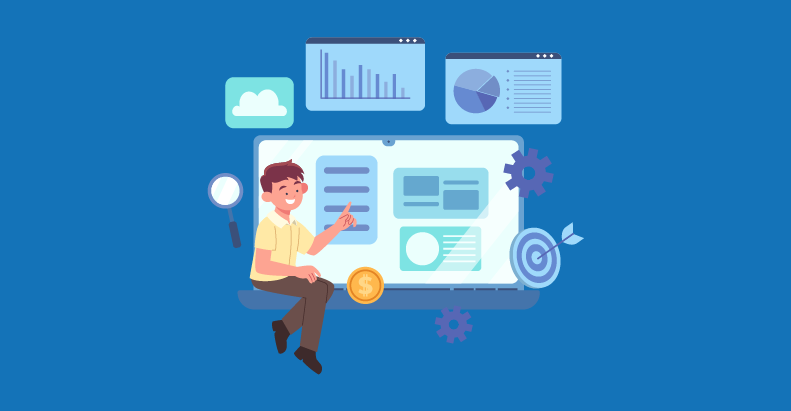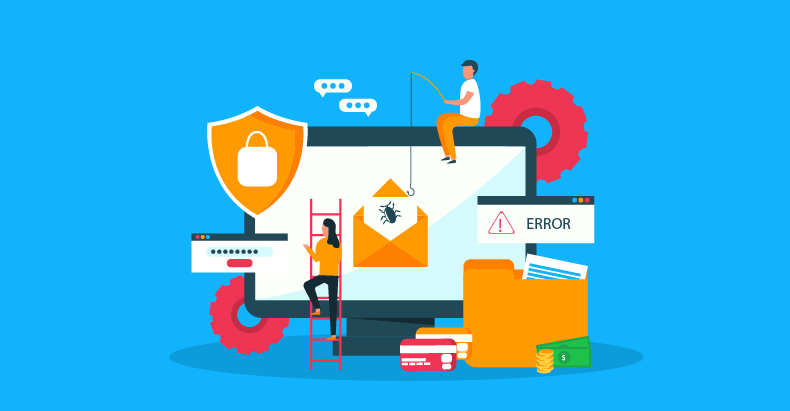Ensuring Quality: Best Practices for Salesforce Testing

- December 9, 2024
- admin
Salesforce is a CRM that allows companies to streamline processes and to monitor interaction with customers, thus providing potential growth opportunities. However, proper testing is very important for the smooth running of Salesforce and for the accomplishment of organizational goals. Therefore, poor implementation of Salesforce testing can lead to performance issues, data inconsistencies, or non-functioning features that negatively impact business operations. Let’s delve into the best practices for Salesforce testing to ensure excellent implementation and continued running of the system.
Understanding Salesforce Testing
Salesforce testing will validate the functionality, performance, and security of the application against pre-deployment business requirements. Salesforce testing is much more dynamic compared to traditional software testing because Salesforce provides customization, built-in features, third-party integrations, and workflow automation.
The main categories of Salesforce testing are:
- Functional Testing: Validate that features, like workflows and approvals in Salesforce, work the way expected.
Regression Testing: It proves that new updates or modification does not break the existing functionality.
The integration test guarantees data flows correctly between Salesforce and other integrated systems. It tests Salesforce for the efficient handling of heavy traffic and large data sizes. - User Acceptance Testing: Ensure that it will meet the expectations and requirements of the users.
Each testing category plays a critical role in confirming that Salesforce will work as a reliable and scalable source for companies.
Ideal Practices for Salesforce Testing
For optimizing the testing efficiency in Salesforce, a systemic approach becomes inevitable. The best practices are suggested with respect to ensuring better outcome for testing enumerated below:
Design an Integrated Assessment Framework for Salesforce Testing
A well-thought-of testing strategy is the foundation on which proper Salesforce testing could be executed. This would include:
Define Goals: Clearly define exactly what you want to test. This might be something like: An error is not thrown by a workflow, or data is migrated correctly.
Identify Test Scenarios Decompose business requirements into test scenarios to ensure full coverage of the business requirements.
Key features: Focus on testing business-critical features and workflows with the aim of significantly reducing risk.
Creating Timelines: Setting Targets for Every Phase of Testing. It would keep the process in motion.
Resource allocation: The appropriate allocation of competent testers, developers, and business analysts in executing the testing process correctly.
Automation for Efficiency Gains
Nowadays, tests in Salesforce are too manual. But repetitive tasks like regression testing take a lot of time. Thus, it would not only save a lot of time but also provide accuracy. Use Selenium or TestNG or Provar for automating your Salesforce testing.
Best Practices of Test Automation:
- Automate all frequently used, repetitive test cases.
- Update the automated test scripts to alter your configuration at Salesforce.
- Run automated tests during off-peak hours so that no business operations are affected.
Test early and often
The time to identify the problem corresponds to the decrease in impact on an overall project outcome. The Switch Left methodology ensures testing only during the development phase and not after deployment. Test early and often will be of help to identify configuration mistakes, workflow disruption, and integration issues before these build up into expensive complications.
In addition, frequent tests during Salesforce changes and customization cycles ensure uninterrupted system integrity.
Multi-Stakeholder Role Inclusive Rating
Salesforce is designed to handle a variety of users, such as salespeople, service representatives, and administrators, who would have different authorization levels and workflows. The testing should encompass all this variation so that there would be a consistent interaction by all these varied roles.
Tips for role-based testing:
- Develop test cases for each role’s workflow and at all levels of access.
- It verifies role-based permissions to prevent access to sensitive information.
- Assess the user interface on how it meets every respective role’s needs
Ensure Data Integrity
Since data is the heart of Salesforce, accuracy is paramount in making proper decisions. Testing processes should cover data validation in ensuring all records are correct and similar across different modules.
Key areas of data validation
- The system upgrade or implementing validates data migration processes.
- Verify data synchronization between Salesforce and integrated systems.
- Accuracy of data in the reports and dashboards.
Emphasis on Regression Testing
The company continuously incorporates updates and enhancements that may, inadvertently, affect the existing functionalities. Regression testing is therefore done to ensure that these changes do not disturb any workflows or integrations.
Best regression testing practices include:
- Maintain large numbers of regression test cases that cover essential functionalities.
- Run regression tests after a major version update or change.
- Automation tools should be used for regression testing effort.
Cross Device and Browser Compatibility
Since most users access Salesforce from different devices and browsers, the system has to be proved to work the same way under all conditions.
Key compatibility Salesforce Testing practices:
- Testing on all high-end browsers like Chrome, Firefox, Safari, and Edge.
- Test on smart phones and tablets as well.
- Test the mobile and desktop versions responsiveness and functionality.
Security and Compliance Review for Salesforce Testing
SalesForce manages sensitive customer data frequently. Hence, security testing is an essential focus for it. Security weaknesses often lead to unauthorized access of data and compliance rule breaches.
Best Practices of Security Testing:
- Perform a penetration test to reveal system vulnerabilities.
- Validate against compliance with laws like GDPR, HIPAA, or PCI-DSS.
- We test the access control settings so that only the right people can read or write sensitive information.
Collaborate with Stakeholders
Testing is not the responsibility of Quality Assurance alone, but developers, business analysts, and end-users must be engaged actively. Team collaboration will ensure that all the requirements are understood before aligning testing with organizational objectives.
Strategies of effective co-working:
Provide UAT opportunities to the stakeholders.
Maintain open lines of communication between teams. Regularly share testing progress and results with stakeholders.
Quality Check and Process Development
Salesforce testing is more of a continuous process as it should be continued and processes need to be constantly refined to ensure quality.
Methods of observation and improvement for Salesforce Testing:
Use analytics to track the effectiveness of testing and identify areas for improvement. Update test cases periodically to reflect changing business requirements or system changes. Collect input from Quality Assurance teams and relevant stakeholders to improve the testing procedure.
Problems with Salesforce Testing Even with the best practices in place, testers using Salesforce will face the following:
- Frequent Updates: Constant updates of Salesforce bring about unexpected changes that challenge the need to adapt very rapidly.
- Complex Integrations: THIRD PARTY integrations sometimes tend to get messy and even more unwieldy at times.
- Dynamic Customizations: Customizing sales force to suit business-specific needs increases variability that complicates testing.
In dealing with all these factors, flexibility, allocation of resources towards extensive testing tools, as well as maintaining a competent testing staff is crucial.
Conclusion
It is an essential input to the value of the organization if helping in Salesforce application evaluation is considered. Good practices include designing a comprehensive strategy, automation of data integrity, and engaging stakeholders to ensure an easy navigation experience in Salesforce. The technical procedures in testing become a very important aspect regarding maintaining customer confidence as well as organizational success. Coming years, with the development of Salesforce, care in test will always matter. Whether a user is implementing Salesforce for the first time, customizing the workflow, or integrating external tools, adoption of these best practices ensures quality and reliability at each and every step of the process.











